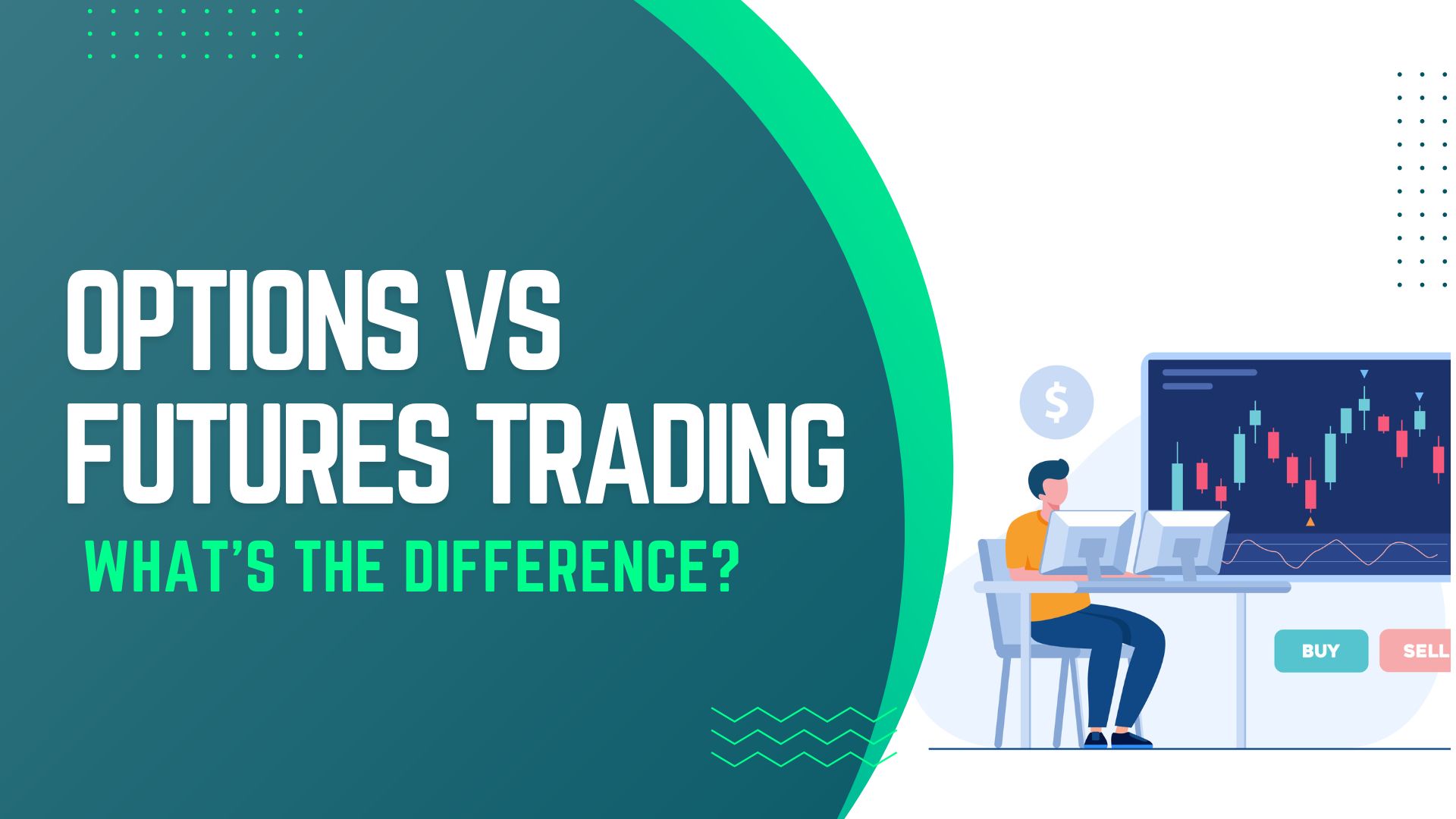Introduction:

Image: www.youtube.com
Are you eager to dive into the world of options trading but unsure whether futures trading is a necessary stepping stone? The relationship between these two financial instruments is often debated, with proponents on both sides. This article aims to shed light on this topic, examining the benefits and drawbacks of futures trading as a prerequisite for options trading. By unraveling the complexities of these financial instruments, we hope to provide you with valuable insights to aid your investment decisions.
Understanding Futures and Options Trading
Futures Trading:
Futures contracts are agreements to buy or sell a specific asset, such as a commodity or stock, at a set price on a future date. Traders use futures to hedge against risk or speculate on future price movements.
Options Trading:
Options, unlike futures, give holders the right, but not the obligation, to buy (call options) or sell (put options) an underlying asset at a specific price (exercise price) on or before a predetermined date (expiration date). Traders use options to manage risk, speculate or generate income.
The Interplay Between Futures and Options
Futures and options are both derivative instruments, meaning their value is derived from an underlying asset. However, they differ in their structure and purpose. Futures involve a binding contract to buy or sell, while options provide flexibility and give the holder the choice to exercise or not.
Some argue that futures trading is a necessary foundation for options trading. They believe that the complexities of futures contracts and the potential for unlimited losses require a deep understanding before venturing into options. Others contend that options trading can be learned as a standalone concept, emphasizing the importance of understanding risk management and option pricing models.
Benefits of Learning Futures Trading First
-
Enhanced understanding of market dynamics: Futures trading exposes traders to the intricacies of the underlying asset market. By analyzing futures contracts, you gain insights into factors influencing price movements, such as supply and demand, economic events, and market sentiment.
-
Improved risk management skills: Futures contracts require high margin requirements and can result in significant losses. Navigating this volatile environment sharpens your risk management skills, preparing you for the potential risks in options trading.
-
Potential for hedging: Futures contracts allow traders to hedge against price fluctuations in the underlying asset. This knowledge can be valuable in options trading, where knowing how to manage risk is crucial.

Image: www.wallstreetmojo.com
Drawbacks of Futures Trading as a Prerequisite
-
Time and effort: Learning futures trading requires time and dedication. The complexities involved can be overwhelming for those new to the world of finance.
-
Limited scope: While futures trading provides insights into market dynamics, its focus is solely on the underlying asset. Options trading, on the other hand, offers a wider range of strategies and potential outcomes.
-
Not essential for options trading: With proper education and risk management practices, options trading can be learned without prior futures trading experience. Many resources, such as books, online courses, and mentors, can provide the necessary knowledge.
Do I Need Futures Trading To Get Options

Image: www.myfinopedia.com
Conclusion
The question of whether futures trading is necessary for options trading has no definitive answer. Both arguments have valid points to consider. Ultimately, your decision should be based on your risk tolerance, learning style, and financial goals. If you seek a comprehensive understanding of market dynamics, futures trading can provide a solid foundation. However, if your priority is understanding options trading strategies and risk management, you can learn options independently. Remember, the best approach is to approach both futures and options with a commitment to education and a willingness to navigate the complexities of financial markets.






